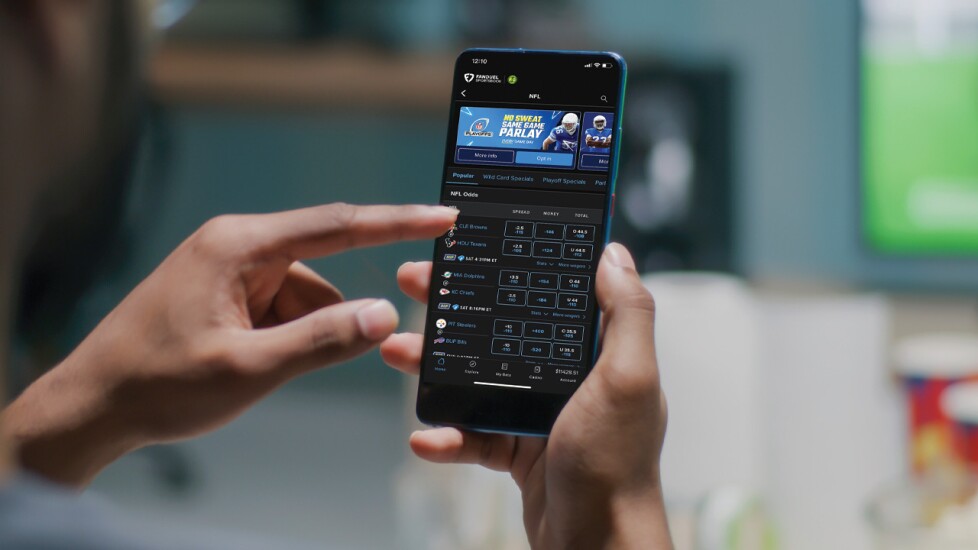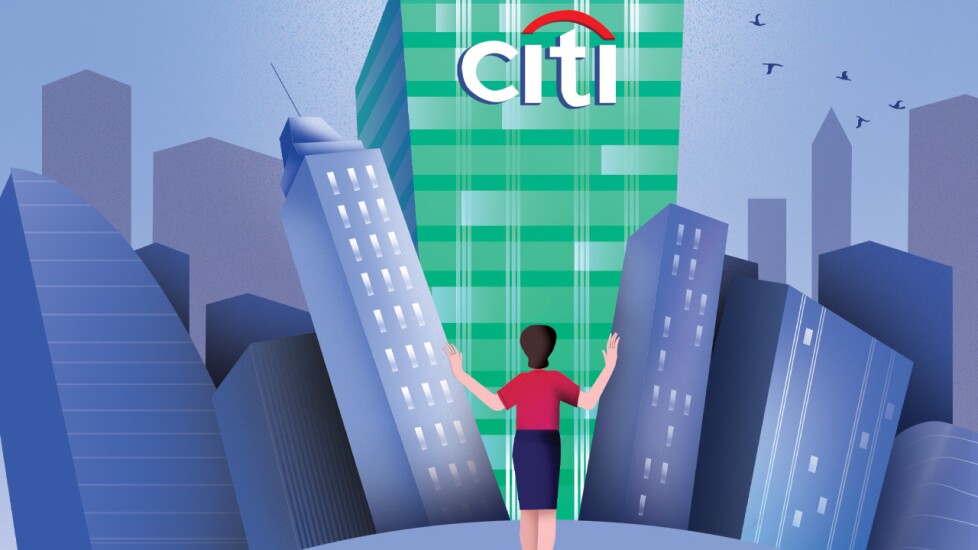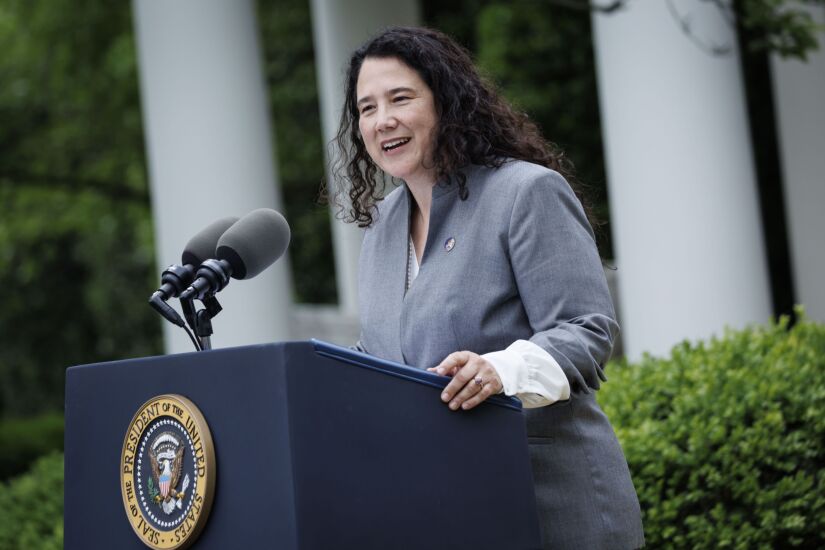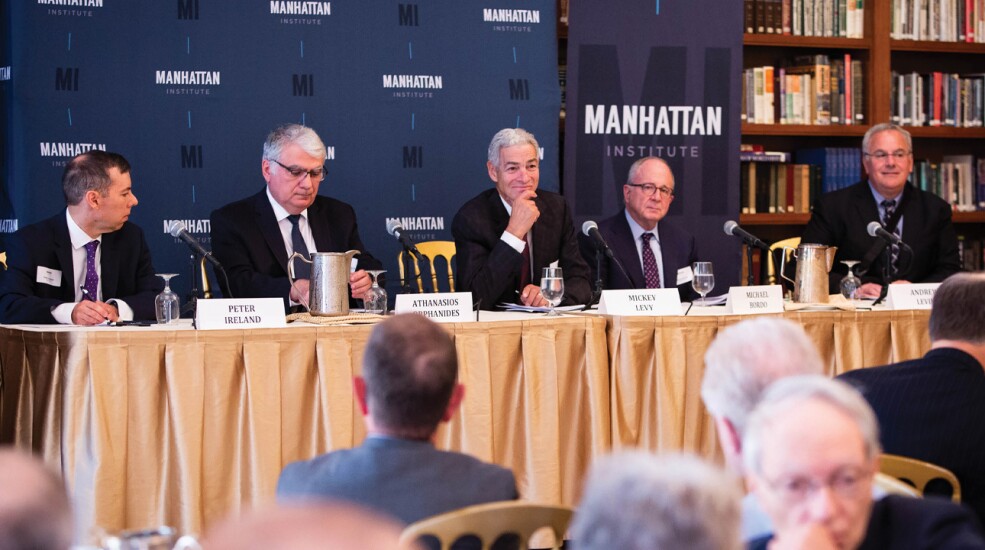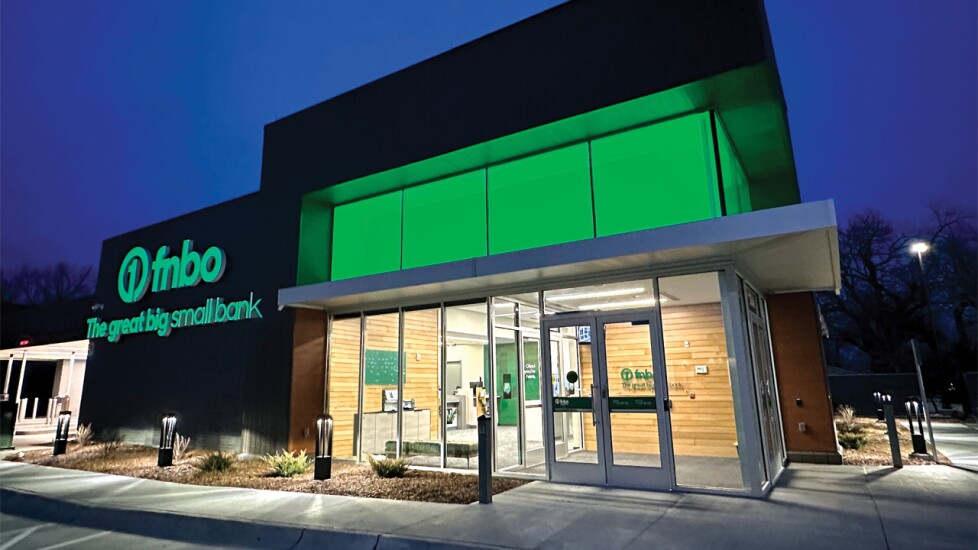The banking industry in 2024 was marked by increased regulation, burgeoning fraud, the continued fallout of the COVID-19 pandemic and regional banking collapses, and uncertainty surrounding the election and incoming administration.
American Banker's reporters dove deep into these topics and more. Here are 10 of the top American Banker Magazine articles from 2024. Find the complete archive
